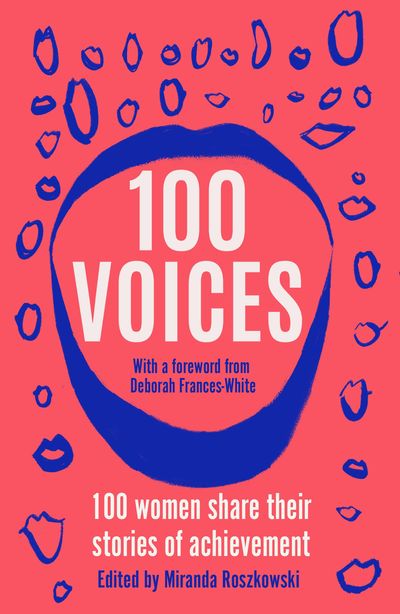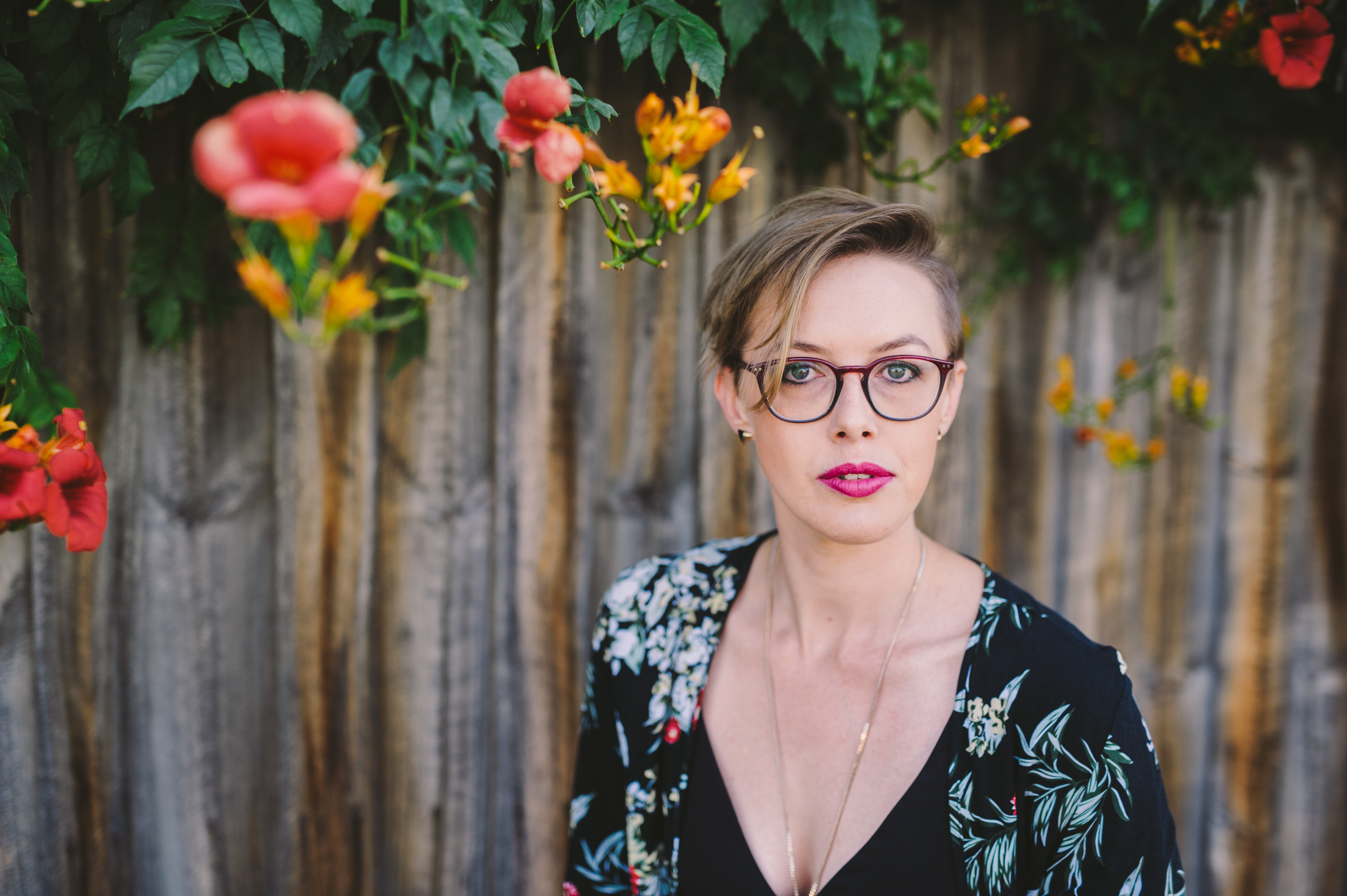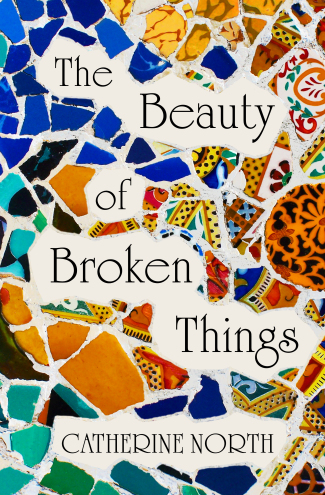It must be a confusing time to be Arne Dahl, one of the brightest in a galaxy of Scandi-crime stars born out of the British obsession with all things Scandinavian. He’s coming to the Manchester Literature Festival next week to talk about To The Top Of The Mountain, his just-published third novel in the Intercrime series. In the meantime, though, he will have been on a book tour in Germany to talk about his eleventh book in the series, as well as his two Opcop books. Most of Europe, you see, is a decade or more ahead of us here in publishing and translating his books. So when Dahl talks to British reviewers, he laughs that “in a way it’s like going into a time machine”. Oh, and his real name isn’t Arne Dahl.
We’ll get back to that later on, but doesn’t he find it weird to find himself talking about a book he wrote more than a decade ago, simply because, until quite recently, the English-speaking public allegedly had little or no appetite for fiction in translation? To put it bluntly, before the huge success of Stieg Larsson’s The Girl Who… books and Danish TV shows like The Killing proved to publishers that, actually, there was a huge, untapped market for intelligent, socially-questioning crime fiction? That it didn’t all have to be cosy stuff about killers who killed and, to mangle Raymond Chandler, “simply to provide a body in a book”?
“It took some time for my books to be translated into English for a number of reasons,” Dahl observes calmly. “When they would not be doctored by an American publishing house, which had been the case for a long time, it was finally going to happen. Then we decided it was a good idea to start from the beginning, not somewhere in the middle. So, yes, you are a bit behind but, now we have the stability, the plan is to get the translations and publishing done as quickly as possible. Obviously we can’t just publish one a month until you catch up otherwise they would get lost. But we are hoping it will be a relatively hasty process.”
For any crime writer, he believes, “the English-speaking countries are the centre of the world, and having not had success abroad for such a long time was a big disappointment. When there are 14 books to translate, suddenly it opens up a new world. It’s like coming home for a crime writer, to be observed and recognised in Britain and America.
“I have been translated into 30 languages and most of them I don’t know anything about. I have no idea what the Estonian translation is really like, for instance. But English I can be of some assistance stylistically and when it comes to tone, so I have been involved very much.”
In part, that stylistic rigour and unwillingness to see his work butchered comes from his work as a successful critic and editor under his real name of Jan Arnald. But it also comes from a Scandinavian penchant to take the whole crime genre seriously, rather than dismissing it as unimportant escapism, he says.
 “To me the thriller or crime novel is the perfect tool to reach deep down into the contemporary human mind and society. While producing sheer reading joy because it’s so fun to write, I still wish to go one step beyond the conventional thriller. I want my books to leave a mark in the mind of the reader, a little moral question that can’t stop rushing around in the back of her, or his, head.
“To me the thriller or crime novel is the perfect tool to reach deep down into the contemporary human mind and society. While producing sheer reading joy because it’s so fun to write, I still wish to go one step beyond the conventional thriller. I want my books to leave a mark in the mind of the reader, a little moral question that can’t stop rushing around in the back of her, or his, head.
“But basically it is of course about pleasure, about recreating the best reading-experiences of my own life, experiences not like any others in the world. Experiences where you get caught in a different world and don’t want to leave it. I simply write the books I want to read.
“There is no other literary genre with the same inherent capacity to catch the reader. This is why I love the crime novel so much. It’s about the search for the truth that we are all constantly involved in. In its quest for a past with as few lies as possible crime fiction is the best representation of the human aspiration and desire that I know.
“The question I’m asking is really always the same. What’s life really about? What is this short flash of light between two eternities of darkness? How do we use this all too fleeting time in the most decent and enjoyable way? And why do we have such trouble doing it?”
In Sweden and some other Scandinavian countries, there has been, he points out, “a separate tradition of crime fiction that was not quite like the British or the American ones. It was different in that it was really socially aware and political. The series of Martin Beck books by Maj Sjöwall and Per Wahlöö, hugely successful and influential when they were published in Sweden in the 60s and 70s, are the obvious antecedent for that, of course. They set the bar pretty high and I guess that made the whole crime genre in Sweden such a fearless genre and, perhaps, made it more worthy of being discovered.
“But the reason why it opened up around the world for all of us was Danish television and Stieg Larsson opening the door to that whole different tradition, there’s absolutely no doubt about that, even if precisely why that success happened remains an open question.”
Personally, his work outside the crime genre helpfully informs the Arne Dahl books, he believes.
 “Slight distance is a useful tool because genre is always in danger of repeating itself, of doing the same book again in a different way. If you have other inspirations and write in different ways, then maybe it will open up more possibilities to really create something new. For me writing crime books was like a project. I wanted to somehow portray Sweden changing very rapidly. You see crime itself changing too and that became very interesting.”
“Slight distance is a useful tool because genre is always in danger of repeating itself, of doing the same book again in a different way. If you have other inspirations and write in different ways, then maybe it will open up more possibilities to really create something new. For me writing crime books was like a project. I wanted to somehow portray Sweden changing very rapidly. You see crime itself changing too and that became very interesting.”
He must be, I suggest, one of very few crime writers to not only have their name above the title of a TV series but to actually be the title (screened on BBC4 last year).
“The only one I can think of a long, long time ago was Ellery Queen. It’s very, very strange,” he agrees. “And people who don’t know my books are always waiting for this character Arne to appear! When it was suggested I thought it was a little strange but why not? Arne Dahl himself is a kind of fictional character.
“I can regret it sometimes, having a pen name. It can be a practical problem, like when I get airline tickets in the wrong name. I’ve been living with it for 20 years, so it’s personally not a psychological problem for me. It’s more of a practical issue. When I’m touring as a writer then I’m Arne. When I’m at home I’m Jan. So be it.”
Main image by Sara Arnald
*Arne Dahl is at Manchester Literature Festival as part of their World Literature strand on October 6, 2014 at 8pm. The venue is the International Anthony Burgess Foundation. Tickets £6/£4 concessions. Book on 0843 208 0500 or log on to www.manchesterliteraturefestival.co.uk











